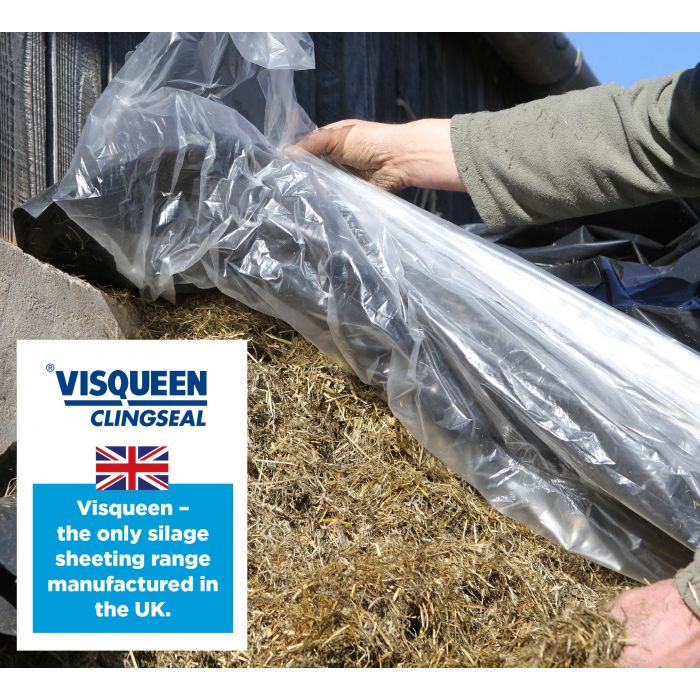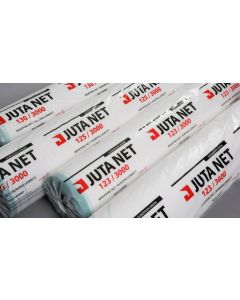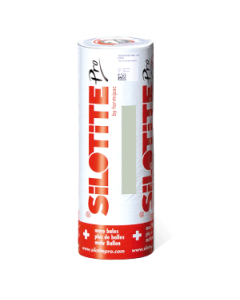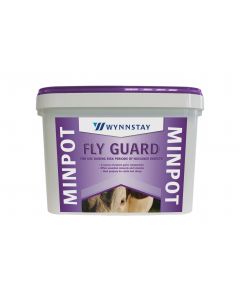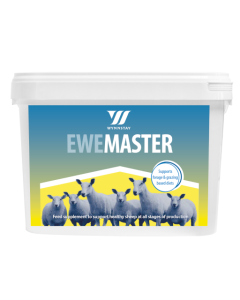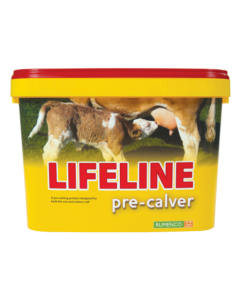Visqueen Clingseal
- Creates the right anaerobic conditions to deliver enhanced silage quality
- Facilitates faster, more efficient fermentation
- Suitable for a variety of crops, including grass, maize, whole crop silage and crimped grain
- 100% recyclable
Visqueen Clingseal
The robust, durable nature of the Visqueen Clingseal sheeting range has made it a popular choice amongst farmers for decades thanks to its ability to create good ensiling conditions in the clamp. The Visqueen range has recently extended to include Visqueen Clingseal - a thin, flexible, low permeability sheet that reduces top and shoulder spoilage. This new generation clamp sits directly beneath the traditional black silage sheet, where, thanks to its design, it closely follows and clings to the clamp surface. In doing so, it prevents pockets of trapped air forming to significantly reduce aerobic spoilage on the top and shoulders.
In addition to providing an additional air seal, it creates the right anaerobic conditions to deliver enhanced silage quality. Visqueen Clingseal is especially beneficial when ensiling moist feeds like brewers' grain and crimped maize - higher-value crops that are more susceptible to wastage. Put simply, using this new type of film will help you to produce better quality silage with less waste.
Cost-Benefit Example:
- A 1m3 of maize silage equates to approx. 800kg of material
- Based on the example price of £40/tonne, 1m3 is, therefore, worth £32.
- So a 1m2 layer, 10cm deep is, therefore, worth £3.20.
- And a 1m2 layer, 1cm deep, is, therefore, worth 32p.
- Hence a film that costs approx. 10p/m2 equates to the value of just a 0.5cm thick later of maize silage per m2.
- Therefore, if a farmer has previously suffered surface spoilage of deeper than 0.5cm, that alone should cover the cost of the Clingseal, before even factoring in a more rapid fermentation process and the better quality silage resulting.
| Weight | 40.000000 |
|---|---|
| Manufacturer | Visqueen |
Related Products
-
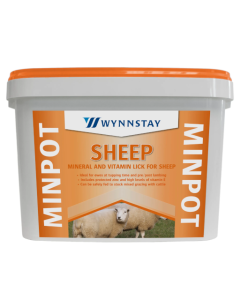 Minpot Sheep - 22.5kg£25.50 £25.50available for collection fromPlease select a Branch to view stock levelsPlease select all required options to show stock at
Minpot Sheep - 22.5kg£25.50 £25.50available for collection fromPlease select a Branch to view stock levelsPlease select all required options to show stock at -
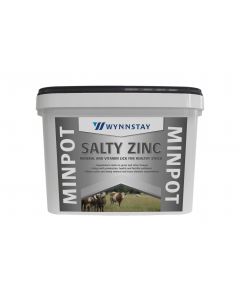 Minpot Salty Zinc - 22.5kg£23.50 £23.50available for collection fromPlease select a Branch to view stock levelsPlease select all required options to show stock at
Minpot Salty Zinc - 22.5kg£23.50 £23.50available for collection fromPlease select a Branch to view stock levelsPlease select all required options to show stock at -
 Cattle Energy + Magnesium Bucket - 25kg£32.40 £27.00available for collection fromPlease select a Branch to view stock levelsPlease select all required options to show stock at
Cattle Energy + Magnesium Bucket - 25kg£32.40 £27.00available for collection fromPlease select a Branch to view stock levelsPlease select all required options to show stock at -
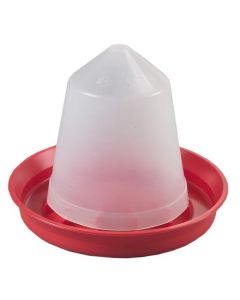 BEC 1.5kg Poultry Feeder£5.00 £4.17available for collection fromPlease select a Branch to view stock levelsPlease select all required options to show stock at
BEC 1.5kg Poultry Feeder£5.00 £4.17available for collection fromPlease select a Branch to view stock levelsPlease select all required options to show stock at -
 BEC 5kg Poultry Feeder£8.00 £6.67available for collection fromPlease select a Branch to view stock levelsPlease select all required options to show stock at
BEC 5kg Poultry Feeder£8.00 £6.67available for collection fromPlease select a Branch to view stock levelsPlease select all required options to show stock at -
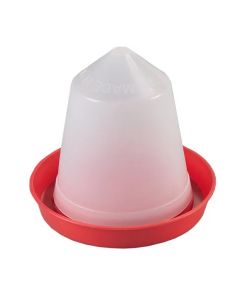 BEC 1.5 Litre Poultry Drinker£5.00 £4.17available for collection fromPlease select a Branch to view stock levelsPlease select all required options to show stock at
BEC 1.5 Litre Poultry Drinker£5.00 £4.17available for collection fromPlease select a Branch to view stock levelsPlease select all required options to show stock at

